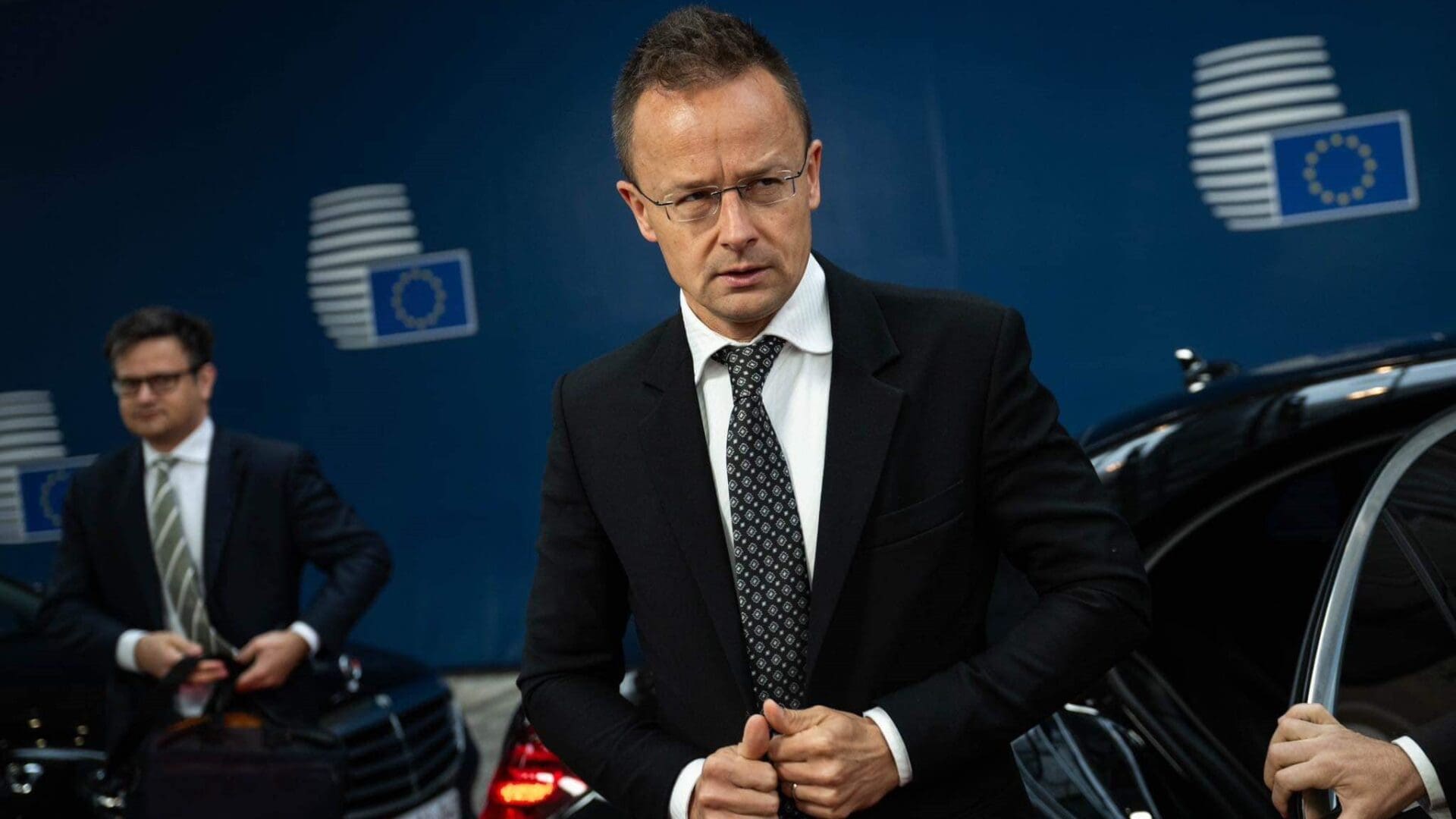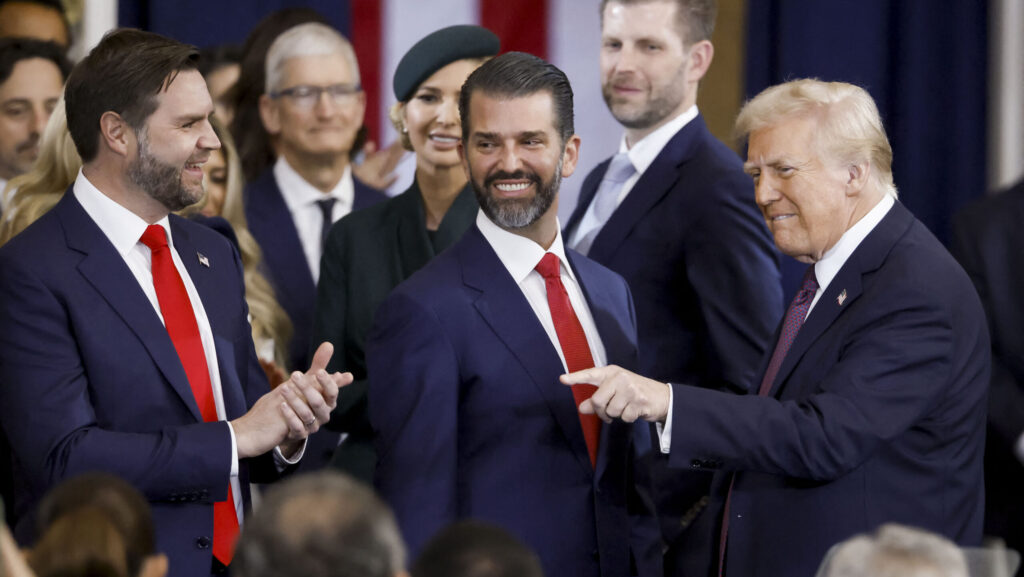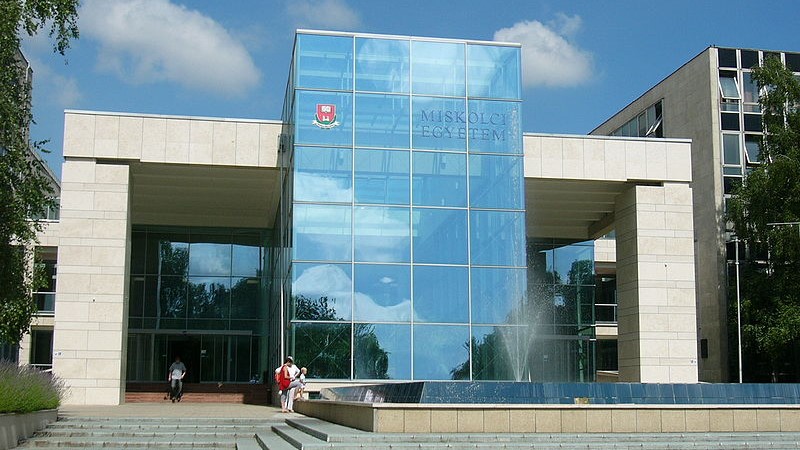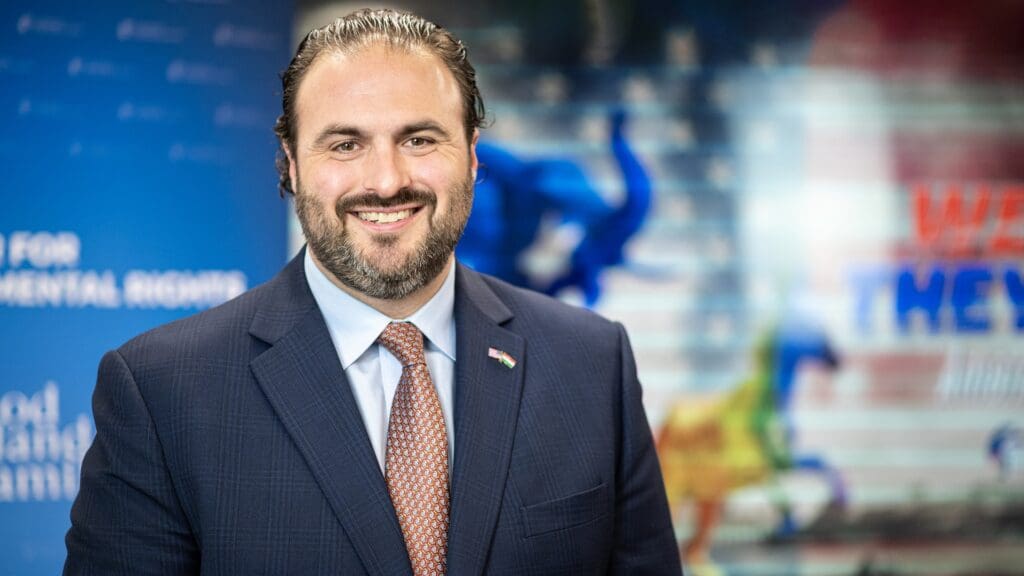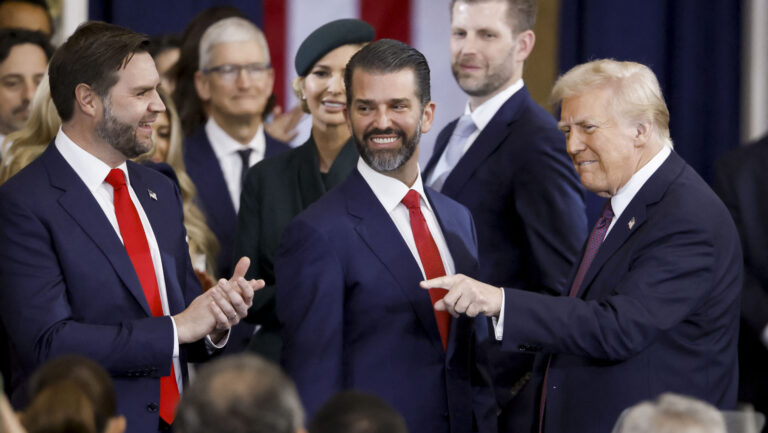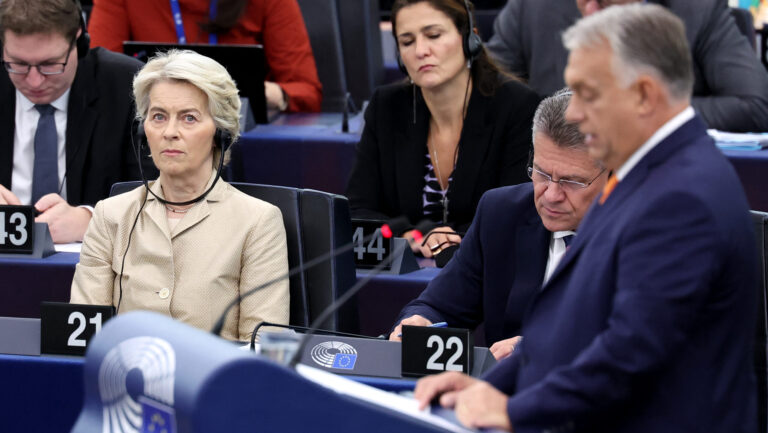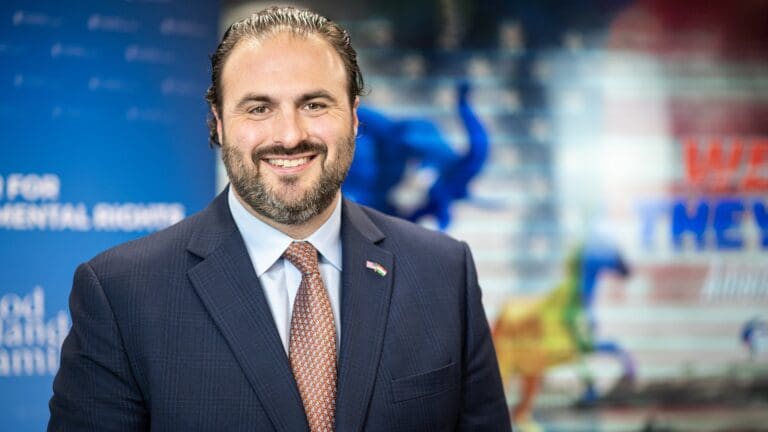Foreign Minister Péter Szijjártó of Hungary travelled to Moscow, Russia to have talks with his Russian counterpart Sergey Lavrov and Minister of Energy Alexander Novak of Russia on Monday, 2 December. This is the twelfth time Minister Szijjártó has visited the Russian capital since the outbreak of the Russo-Ukrainian war. The last time he did so was in October 2024.
On this visit, he talked about the Biden administration in the United States putting the Russian bank Gazprombank on the sanctions list. He stated that this decision has ‘put the countries of Central and South-Eastern Europe, including Hungary, that have to rely on Russian energy sources, in a difficult situation’. Gazprombank was just sanctioned by the US government last month, which hindered the energy-related transactions of many countries in the region. Evidently, Hungary is among them. It is purchasing 4.5 billion cubic metres of natural gas from Russia every year, as per a 2021 contract between the two countries.
After his meeting with Minister Lavrov, Minister Szijjártó again reiterated Hungary’s stance in favour of a negotiated peace in the Russo-Ukrainian war, stressing that ‘in the last thousand days, it has been definitively demonstrated that there will be no resolution to the war on the battlefield, therefore we must look for solutions at the negotiating table’.
Minister Szijjártó also started a live broadcast on his Facebook page while still in Moscow. In it, he said:
‘I’ve been through a tiring and thorough negotiation with Deputy Prime Minster Responsible for Energy Alexander Novak of Russia and the leaders of the major Russian energy companies. The energy sources coming from Russia play a significant role in ensuring Hungary’s energy supply. This is not a political question, this is not a political choice, this is how the physical reality, the infrastructure, has shaped out to be, that we in Hungary are using a large amount of gas, oil, and nuclear fuel originating from Russia…We have no intention of giving up on this well-working cooperation, in part because we have not received a better offer of cooperation from anyone else.’
He also assured all that there will soon be a solution for the difficulties created by the sanctioning of Gazprombank.
Hungary has been most willing to maintain diplomatic relations with Russia among EU Member States. This is evidenced by Prime Minister Viktor Orbán’s visit to Moscow in July of this year, and Foreign Minister Szijjártó’s frequent visits to the Russian capital. The Hungarian administration has maintained its stance that countries must keep channels of communication open with belligerent Russia as the first step towards a negotiated peace.
Related articles:

